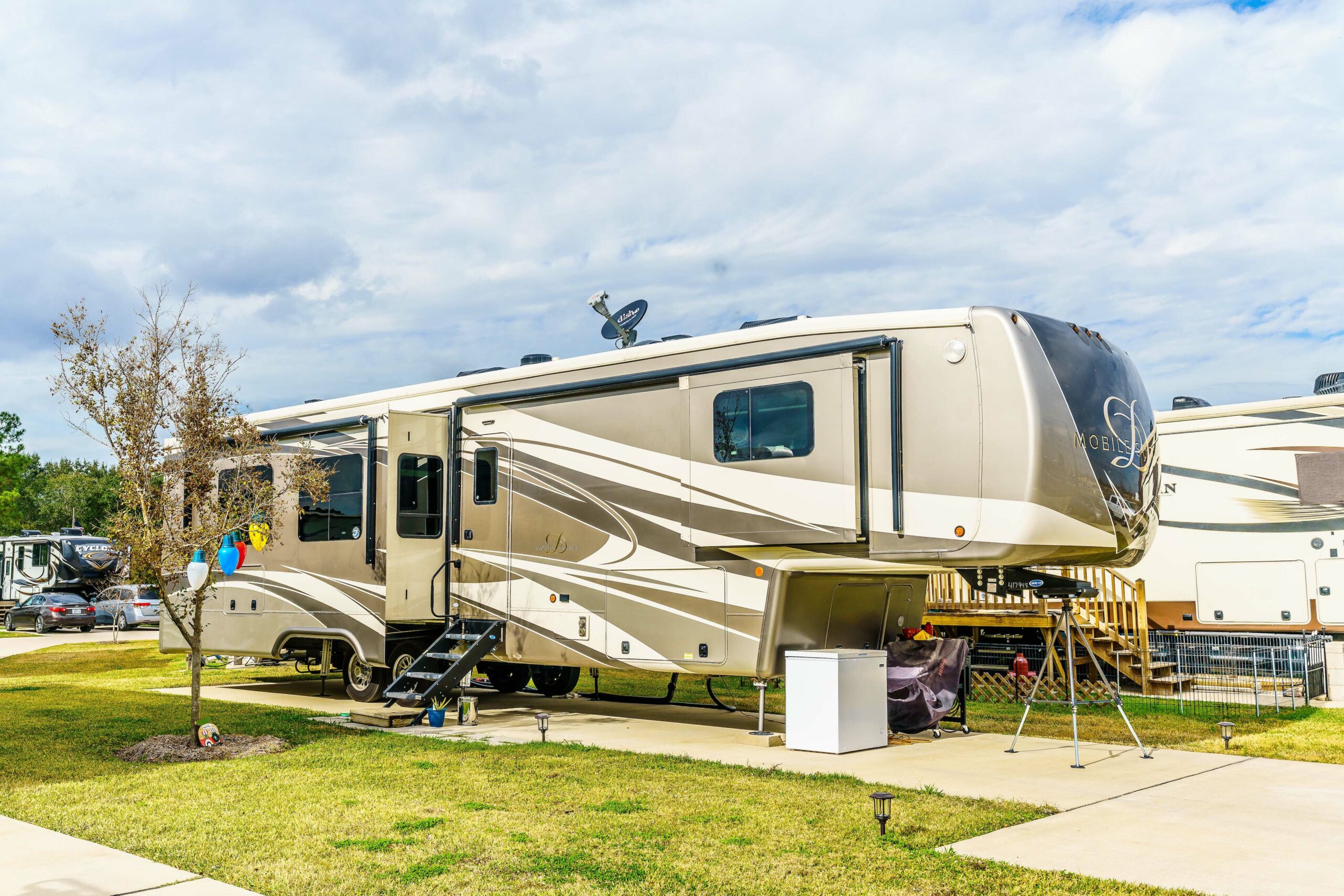What to Know About Renting an RV
When you are considering the wide wonderful world of RV rentals, there is much to think about. We like to think we have a good handle on the industry; after all, our specialty is hosting RVers from far and wide and we have talked with many of you about your experiences when renting an RV. Here’s our advice.
Is Renting an RV a Good Idea?
Though renting an RV may seem intimidating for those without access to their own vehicle, renting can actually be an ideal solution for road trip enthusiasts. Finding an appropriate RV requires knowing how much storage you require as well as knowing the length of time you plan on using it for. Be sure to rent something relatively recent as older units could present potential issues that become expensive on the road.
No matter whether renting from a private owner or national rental company, be aware that some RV rentals require a down payment and/or insurance premium to secure the RV. Typically these costs will be taken care of on pickup day; be sure to read carefully through your contract to make sure everything runs smoothly during your journey.
Prior to setting out, be sure to familiarize yourself with how to connect your RV’s water, electric and sewer connections. This process may prove confusing for first-time RVers; be cautious not to connect any devices if unsure.
Where to Rent
As part of your research process, ensure you know which RV you would like and its rental cost. After that, find an appropriate place to rent one – peer-to-peer rental sites like RV Share can connect RV owners with vacationers while national companies also provide rental locations throughout the U.S.
Consider whether or not the RV you rent has a generator before making your rental decision. Without one, its house batteries could run down over time; be sure to ask its owner whether this could be an issue before signing your rental contract.
Peer-to-Peer RV Rentals
Peer-to-peer RV rental companies like RVezy and RVshare allow travelers to rent directly from private RV owners, providing many advantages for travelers such as wider selection, lower prices, delivery options that come at no surprise cost, customer support services that go the extra mile, and customer protections measures in place as well as great customer support protections.
RV owners that list their RVs on these platforms can set their own prices, including additional amenities or service charges. Furthermore, they can specify that only certain types of travelers can rent them, accepting or declining booking requests according to their preferences.
These sites, much like Airbnb, offer extensive reviews from previous renters as well as 24/7 RV roadside assistance service that assists with repairs and replacements. One thing to keep in mind with these websites is they may not have as much inventory available during high demand areas or events; additionally, not all hosts respond promptly to rental inquiries or booking requests; this issue can be reduced by being prompt in responding and being readily available for requests.
What is Included in an RV Rental
Once you’ve established a budget and selected an RV that meets it, the next step should be planning what items to bring with you. Conduct a head count to ascertain how many people will travel with you before selecting which size RV suits your needs; RVs come in trailers, 5th wheels and motorhome formats.
Private RV owners typically offer towels and linens, kitchen utensils and appliances, camp gear and more as part of the rental price; however, some may exclude these items entirely – it’s essential that you ask your rental provider whether they will include these essential amenities when booking their RV rental.
A national rental company will often include cleaning fees, an RV orientation and 24-hour roadside assistance in their rental rates. You will typically also be permitted to use generators and electrical hookups; you will pay separately for propane gas on your trip; most campgrounds provide access to gas stations nearby and you can plan ahead to maximize gas mileage so as to save money by not filling up on busy stretches of highway.
The Average Cost of Renting an RV
Renting an RV varies based on its type and rental company; however, for the most economical experience, use peer-to-peer websites like RVshare or Outdoorsy to find an economical RV option that meets all of your criteria for travel. With these sites you can search RVs by location and features to find what best meets your trip’s needs; then simply complete an easy form to secure it from its host.
Planning for fuel costs when planning an RV trip is also essential. Most RVs get between 8-10 miles per gallon, so be sure to estimate your gas costs beforehand.
On average, Class B RVs typically cost between $100 and $200 per night, with newer travel trailers running approximately $125. Additionally, most RV owners charge a cleaning fee and some offer amenities like linens or cookware as part of the deal. Be sure to read all details regarding specials during peak seasons as some hosts offer weekly or monthly discounts of up to 20% off of the base rate!


